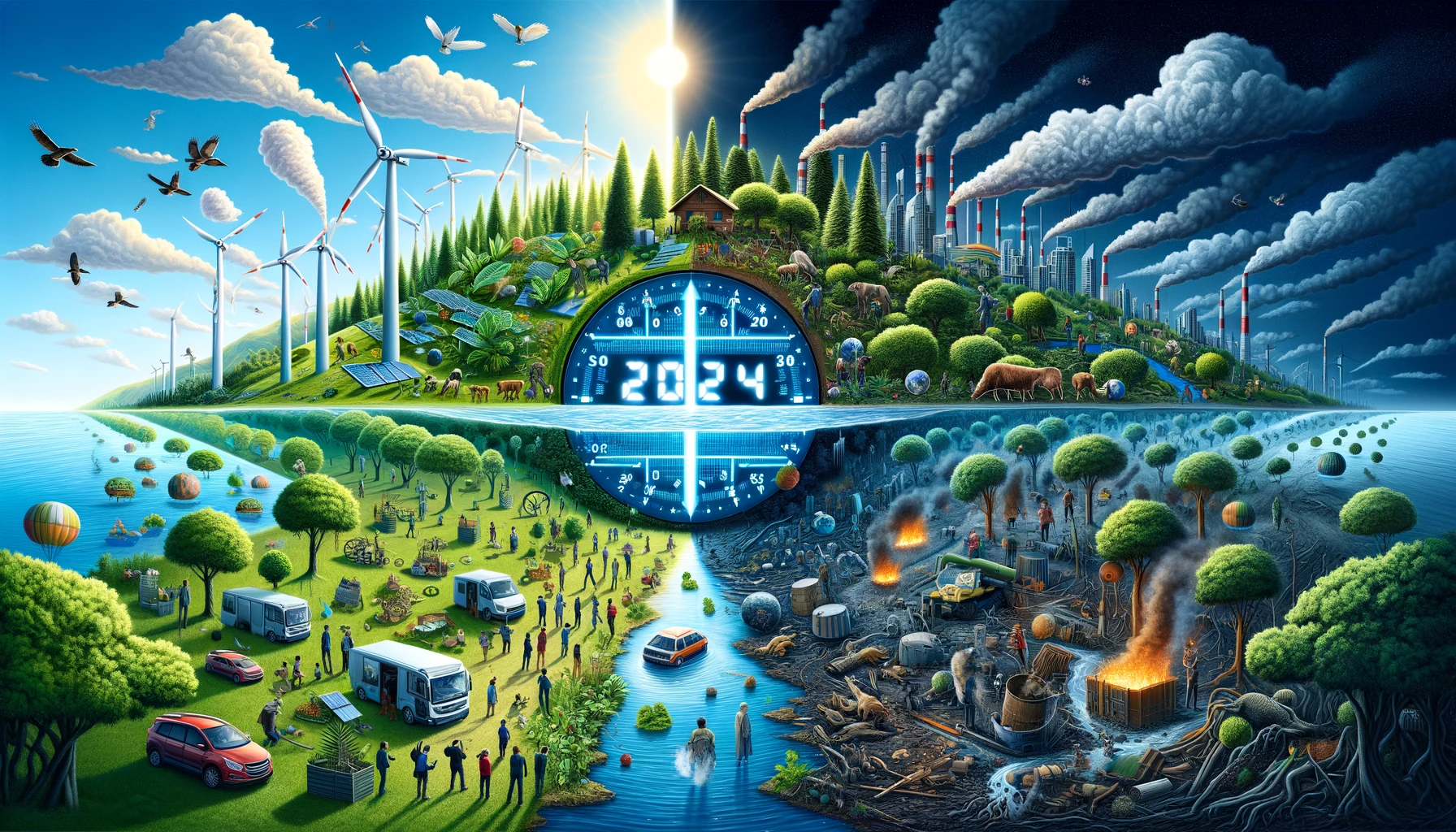In 2024, the world stands at a crucial juncture in its response to the climate crisis. “Climate Action Now” represents a global movement that underscores the urgency of addressing climate change through immediate and concerted efforts. This movement encapsulates both the significant strides made worldwide and the formidable challenges that remain in mitigating and adapting to climate change.
Global Progress in Climate Action
Enhanced Commitments to Emission Reduction
Countries across the globe have ramped up their commitments to reduce greenhouse gas emissions. Following the objectives outlined in the Paris Agreement, many nations have set ambitious targets for achieving carbon neutrality. These commitments are backed by concrete policies aimed at transitioning to renewable energy, improving energy efficiency, and reducing reliance on fossil fuels.
Expansion of Renewable Energy
There has been a significant expansion in renewable energy capacity worldwide. Solar and wind energy are leading the way, becoming more cost-effective and efficient. Innovations in energy storage and grid management are also enabling a smoother transition to renewables.
Climate Finance and Investments
There has been a notable increase in climate finance, with more funds being directed towards climate mitigation and adaptation projects. This includes investments in green infrastructure, sustainable agriculture, and climate-resilient development, particularly in vulnerable regions.
Persistent Challenges in Climate Action
Disparities in Progress and Impact
Despite global efforts, there remains a disparity in progress and impact among different countries. Developing nations, often the most affected by climate change, face significant challenges due to limited resources and infrastructure for climate action.
The Continuing Use of Fossil Fuels
The transition away from fossil fuels is not happening uniformly or swiftly enough. Many economies still rely heavily on coal, oil, and natural gas, and phasing these out remains a significant challenge, both economically and politically.
Climate Change Adaptation
Adapting to the already visible impacts of climate change, such as extreme weather events, rising sea levels, and shifting agricultural patterns, remains a pressing issue. Building resilience in vulnerable communities is critical but is often hindered by financial and technological constraints.
Corresponding Sustainable Development Goals (SDGs)
The Climate Action Now initiative aligns with several United Nations Sustainable Development Goals (SDGs), notably:
- SDG 13 (Climate Action): Calls for urgent action to combat climate change and its impacts.
- SDG 7 (Affordable and Clean Energy): Focuses on ensuring access to affordable, reliable, sustainable, and modern energy.
- SDG 11 (Sustainable Cities and Communities): Aims to make cities and human settlements inclusive, safe, resilient, and sustainable.
Conclusion
“Climate Action Now” in 2024 represents both a beacon of hope and a stark reminder of the tasks that lie ahead. It calls for a redoubling of efforts from all stakeholders, including governments, businesses, communities, and individuals, to turn the tide against climate change and ensure a sustainable future for all.
References
- “Global Emission Reduction Commitments.” United Nations Climate Change. Emission Reduction Targets.
- “Renewable Energy Growth Statistics.” International Renewable Energy Agency. Renewable Energy Developments.
- “Climate Finance Outlook 2024.” Global Environment Facility. Investments in Climate Projects.
- “Challenges in Fossil Fuel Phase-Out.” International Energy Agency. Fossil Fuel Dependency.
- “Adapting to Climate Change.” World Bank. Climate Adaptation Strategies.
- United Nations Sustainable Development Goals. UN SDGs and Climate Action.


